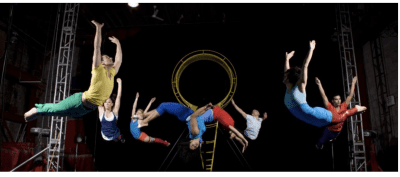Benjamin Mercer’s Top 10 Films of 2016
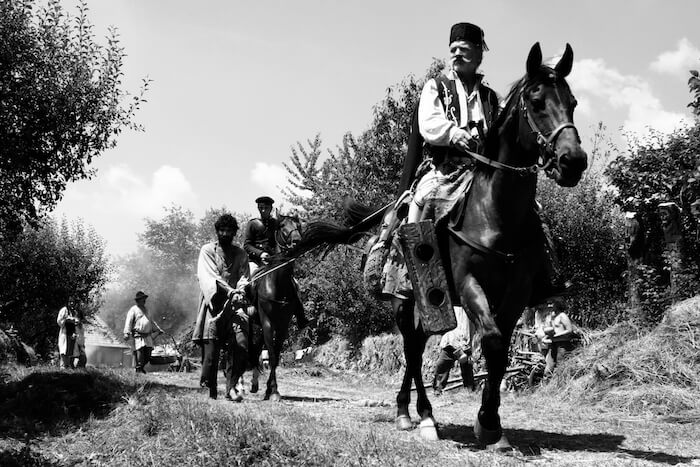
Aferim!
Packed to the rafters with florid insults and colorful ethnic slurs, Radu Jude’s rambling black-comic Western, in which a lawman and his son strike out in search of a runaway slave in 1830s Romania, takes a hard look at the scourge of intolerance—and how it gets passed on from one generation to the next.
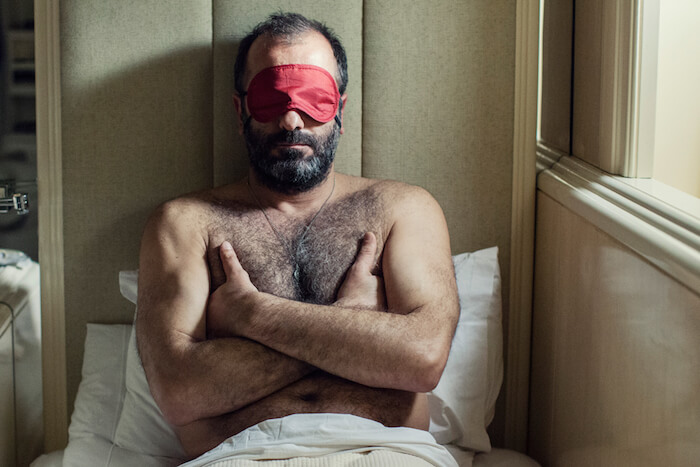

Chevalier
Greek director Athina Rachel Tsangari’s absurdist chamber piece, a close-quarters study of masculine competition and conceitedness in the age of the quantified self, easily takes the prize for funniest film of the year.
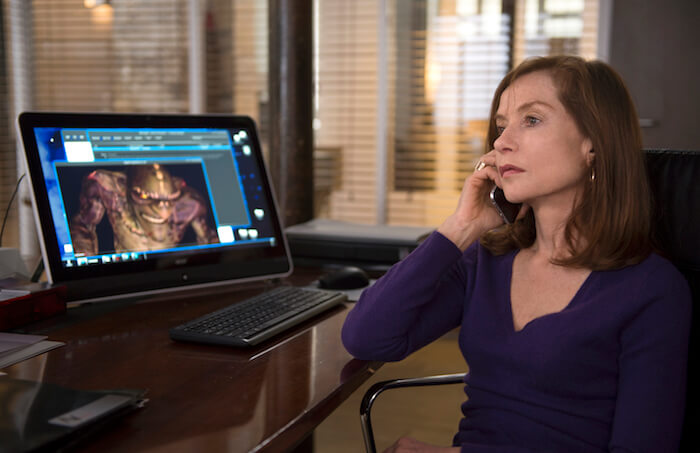

Elle
An acid comedy of manners about violence and desire, Elle stands as a remarkably confident collaboration between its director, the provocateur Paul Verhoeven, and its star, the slyly imperious Isabelle Huppert.
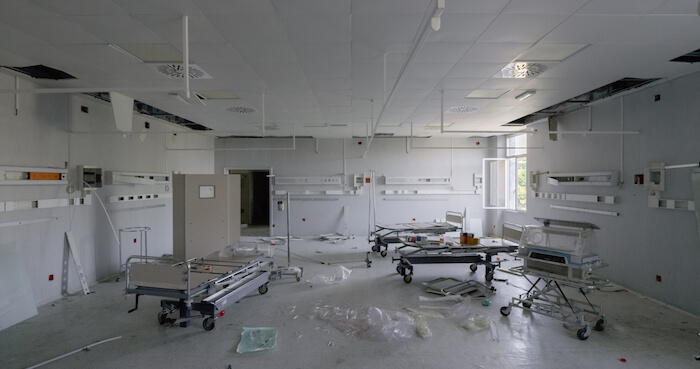

Homo Sapiens
This visionary pseudo-fiction by the great Austrian documentarian Nikolaus Geyrhalter tours abandoned built environments—offices, malls, and military installations among them—in order to contemplate a post-human future where every ruin represents an ecosystem unto itself.
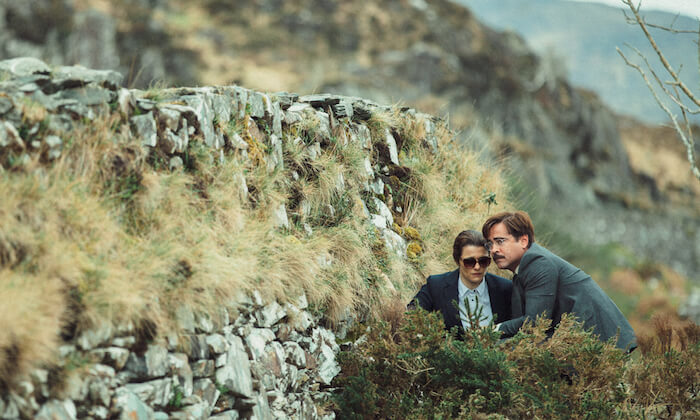

The Lobster
In the ingeniously deranged dystopia that also happens to be his English-language debut, Yorgos Lanthimos (collaborating with Chevalier co-writer Efthymis Filippou) shows how conventional mating rituals are only reinforced by our supposedly “disruptive” culture of dating apps and reality television.
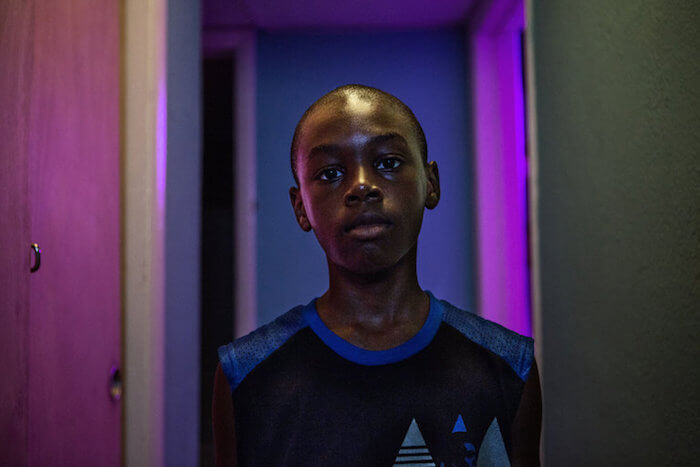

Moonlight
One of the most welcome surprises of 2016 was that Barry Jenkins—whose mumblecore-ish 2008 debut, Medicine for Melancholy, was a one-night-stand story of no particular distinction—made this sensitive, sweeping, and near-perfectly performed triptych about identity as his belated follow-up.
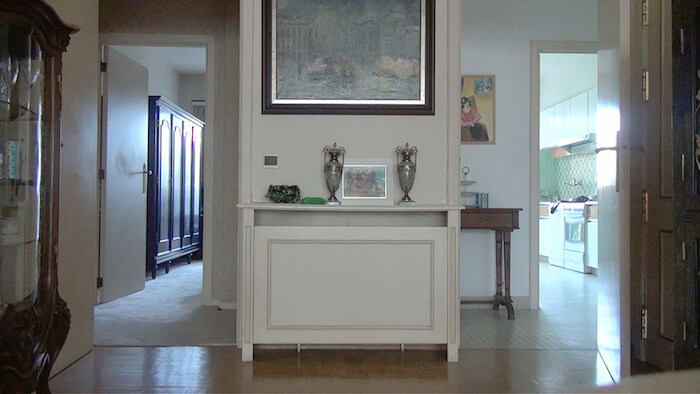

No Home Movie
The final film by Chantal Akerman, which documents her increasingly frail mother going about her business in her Brussels apartment, achieves a level of intimacy that’s painful yet profound as it confronts notions of home and homelessness as well as mortality itself.
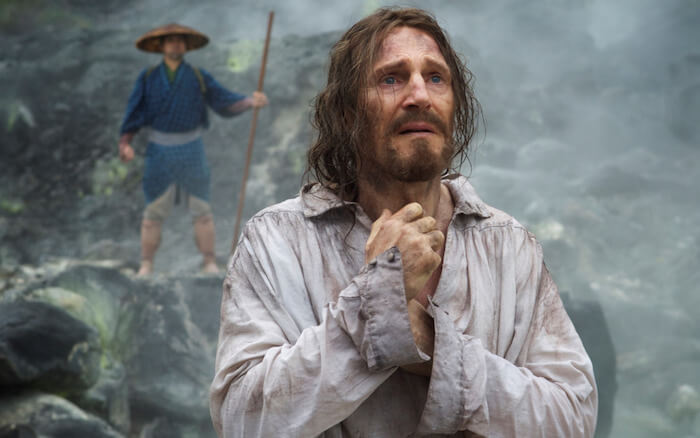

Silence
The haunting and intense 24th narrative feature by Martin Scorsese, in which two Portuguese priests travel to Japan to investigate the persecution of Catholics there, asks a host of urgent questions about cultural and spiritual conflict.
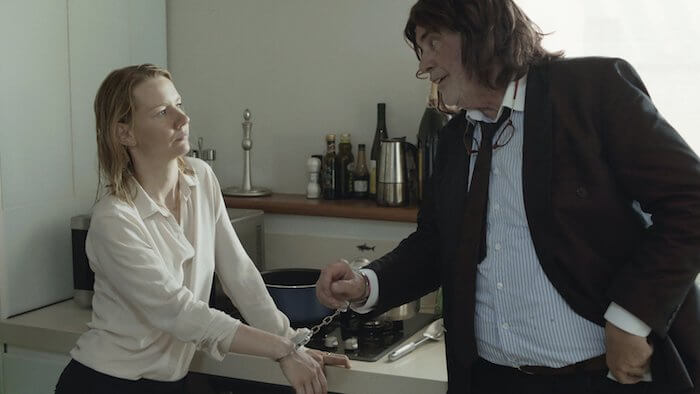

Toni Erdmann
Through the prism of one unusual father-daughter dynamic, German writer-director Maren Ade’s superb third film investigates the larger social phenomena of familial and professional role playing. But perhaps the most impressive thing about Ade’s farce is its rigorous evenhandedness.
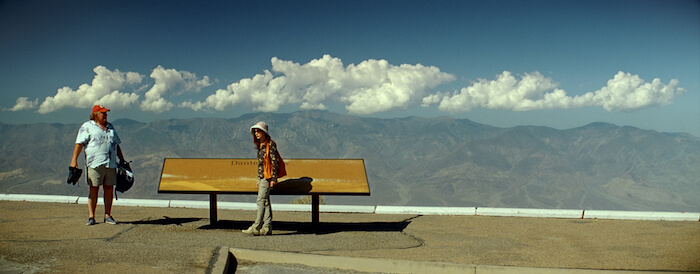

Valley of Love
This hugely (if unaccountably) moving drama about grief and reconciliation stars Isabelle Huppert and Gérard Depardieu as divorced film actors who have reason to believe their dead son will appear to them in Death Valley at a certain time on a certain date. The biggest miracle here is that writer-director Guillaume Nicloux manages to pull it all together.
Keep up with all of our Year in Film features here.
You might also like 
















